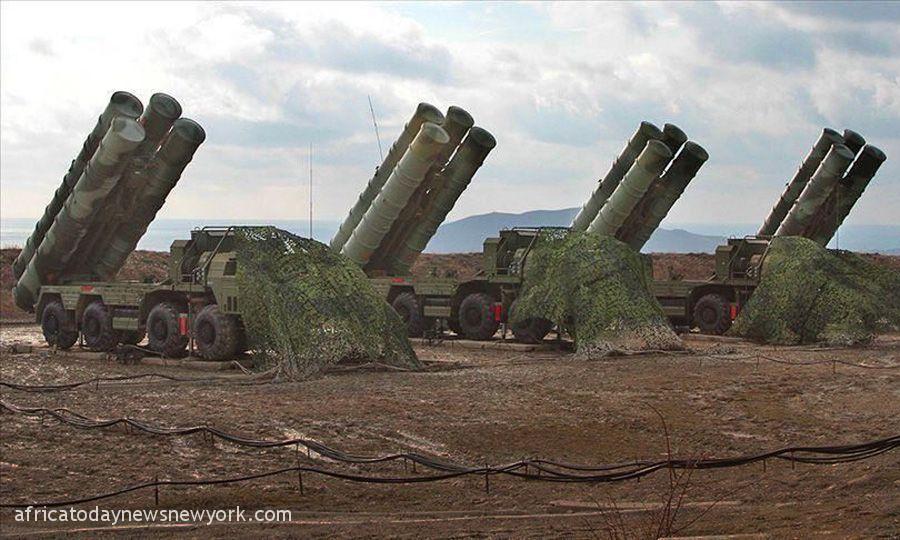In lieu of the ongoing conflicts between Ukraine and Russia, the German Chancellor Olaf Scholz has reported on Tuesday that he has agreed to a deal with Greece that would see Athens send Soviet-era military vehicles to Ukraine in exchange for more modern armour from Berlin.
“We will provide German armoured personnel carriers,” Scholz said after an EU summit in Brussels.
Germany has already struck similar agreements to help supply weaponry to Ukraine with the Czech Republic and is currently negotiating one with Poland.
The goal is to supply Ukraine with vitally needed weapons from old Soviet-era stocks that it can quickly put into battle as it tries to halt Russia’s invasion.
Read Also: EU Partially Bans Russian Oil Exports Due To Ukraine Conflicts
Germany wants to deliver 14 Leopard battle tanks and one Leopard armoured vehicle to Prague in exchange for the Czechs sending T-72 tanks to Ukraine.
However, no date has yet been set for the delivery.
A planned swap with Poland that was meant to see Warsaw receive modern substitutes for equipment sent to Ukraine has also yet to materialise.
Polish President Andrzej Duda has accused Berlin of not keeping its promises over the hardware.
The German government has faced criticism from Kyiv and domestic opponents for being too slow at sending weapons to Ukraine.
Meanwhile, German officials argue that the tank swap is advantageous for Kyiv because Ukraine will get the same tank models its soldiers and mechanics are already familiar with, while NATO partners like Greece can upgrade their military gear with the newer German tanks.
Scholz did not say what kind of Soviet-era tanks Greece would send to Ukraine. But in a press release, the Greek defense ministry said it would send BMP-1 infantry fighting vehicles to Ukraine and receive “an equal number” of German Marder infantry fighting vehicles in exchange, without saying how many tanks are involved in the agreement.
The Greek defense ministry also mentioned that, ironically, the vehicles being sent to Ukraine are “of East German origin” and sent to Greece in 1994 — meaning that, indirectly, Scholz is sending vehicles of German background to Ukraine.
The deal didn’t please everyone in Greece. The country’s main opposition party, Syriza, quickly blasted the government over the deal — a reflection of the tepid public support for sending weapons to Ukraine.
“The government must stop making decisions in secret on critical national issues,” Syriza said in a statement. “Even more so when the majority of the Greek people are opposed to choices that pose risks to the country’s security and are contrary to our national interests.”

